How to rebuild a city with Karam Alkatlabe

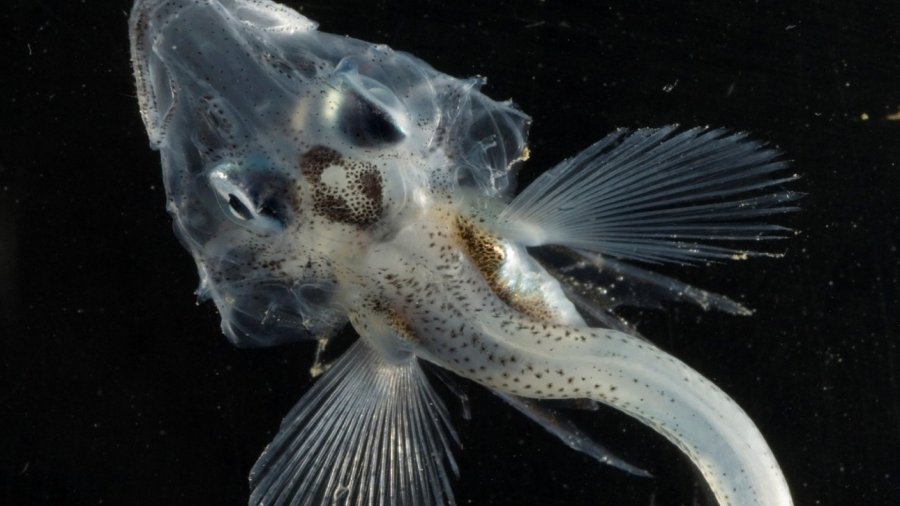
Wolfson Fellows, Professor Lloyd Peck and Professor Melody Clark, discuss how living things can exist and function at freezing temperatures and what can be done to protect them

To most of us, Antarctica is the white desolate continent at the remotest end of the Earth. The coldest, driest, windiest, and most isolated continent where virtually nothing lives. This is, however, not true in the marine realm where around 20,000 species of marine animal exist in constant near or below-zero temperatures. Such biodiversity in the polar regions is astonishing. Two of our Fellows, Professor Lloyd Peck and Professor Melody Clark run research programmes on how living things can exist and function at these permanently low temperatures where some basic biological functions such as making proteins appear to be hugely difficult.
A major problem for Antarctica’s prolific marine biodiversity is that evolving for 20 million years or so in constant cold temperatures has produced animals that are very sensitive to any warming and are thus amongst the most threatened by climate change. It has also produced biologies that do not exist anywhere else, such as fish that do not have red blood cells. These are the only animals with backbones (i.e. mammals, amphibians, reptiles, and fish) that do not have red blood cells. There are few solutions to this problem, but some of them are discussed in a recent article in Nautilus magazine, where the ideas and hopes that Melody and Lloyd have for the future of this globally important biodiversity are highlighted.
The future looks bleak for hundreds, if not thousands of the denizens of the coldest ocean on Earth. We must do what we can, but what can we do? Find out in the article in Nautilus.
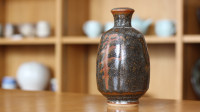
A display of works from the Bradshaw-Bubier studio pottery collection.
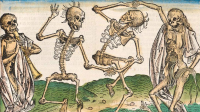
How we can develop ‘death activism’ – a variety of tactics and posthuman practices which celebrate death, its inevitability, its forms, from the slow to times of crisis, and how can trauma and mourning emerge as their own forms of expression, or even activism?
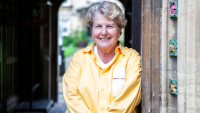
We are delighted to welcome Sandi Toksvig OBE as our speaker for Wolfson's prestigious Lee Lecture this year.

Join us for the 2024 Wolfson Research Event: an interdisciplinary academic conference organised by students to showcase the diversity of the research carried out by Wolfson students.
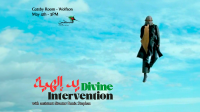
Screening of Elia Suleiman’s Divine Intervention, in conversation with assistant director Rania Stephan.







